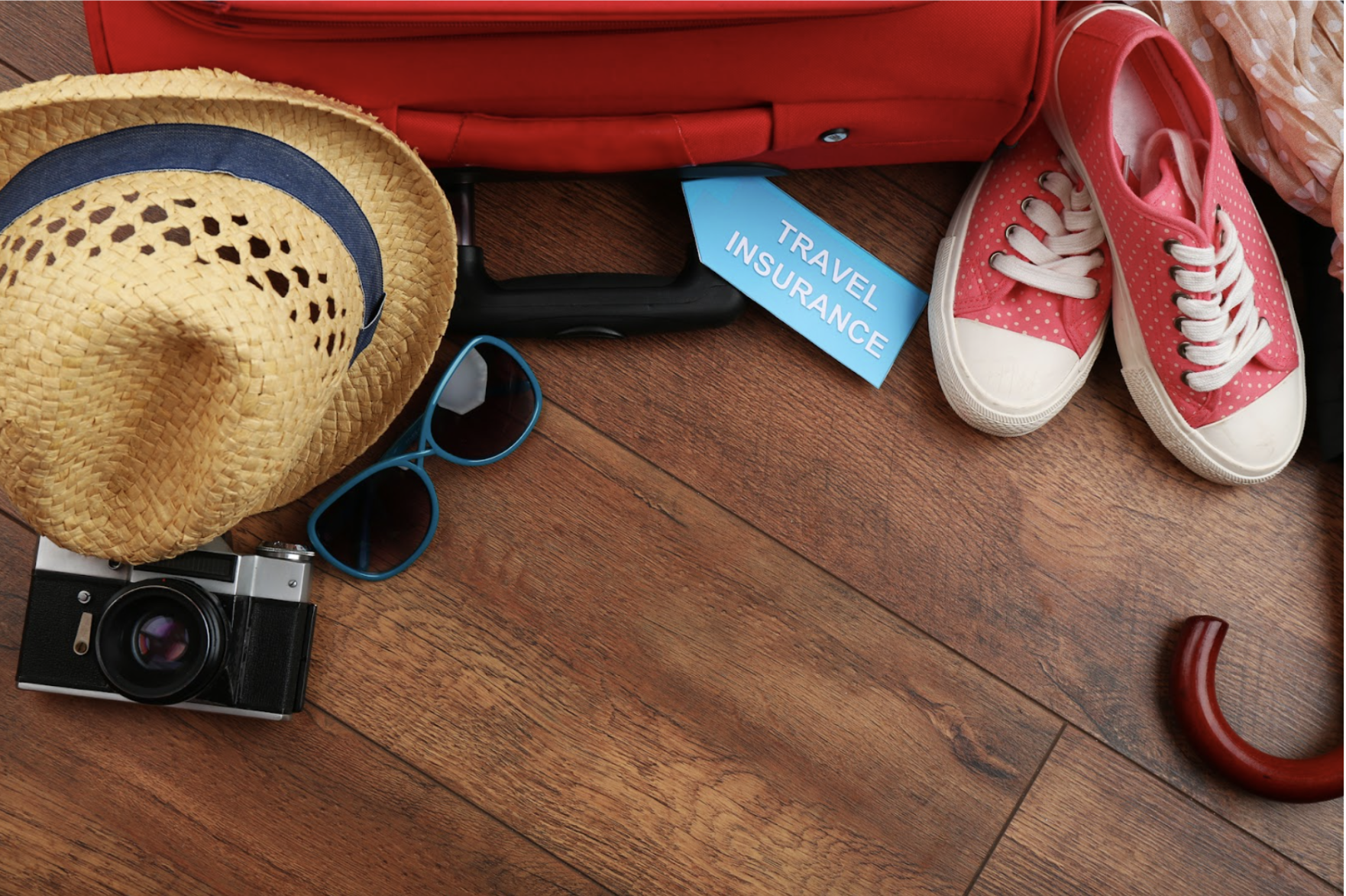
Today opportunities to travel are valued like never before: having lost these chances when the pandemic began, now we chase every little idea to go to a new place and get new impressions. Traveling is indeed a rewarding activity which broadens your minds and lets you extend beyond the conventional.
Learning about new countries and seeing their beauty if your own eyes are extremely attractive but that is not the only thing we should keep our attention at. Considering your safety when you plan a trip to another country or state is essential: even if this place is well developed and seems reliable, it’s your responsibility to ensure there are no threats so that you could have a cloudless traveling experience.
Easy Tips Every Student Can Do to Make Traveling Safer: 7 Expert Recommendations
So, to let you know more about remaining safe during vacation time, here are the most significant pieces of advice for you to check out.
Tip 1. Obtain travel insurance and get a check-up.
It is always best to have an agency offering international health insurance which guarantees full coverage of medical services you might need, travel assistance, and stress-free evacuation in times of emergency.
As you know, getting an insurance isn’t quick and in its preparatory phase will need a visit to your doctor. To receive medical insurance in time, plan a meetup with your doctor at least one month before you plan a trip. What concerns getting vaccinated, it might take a bit longer so start early. To know precisely if you need it, consult reliable sources such as the Center for Disease Control and Prevention which provide relevant information for many destinations.
No matter how long you aim to stay, you will also need an individual medication kit which also needs to be discussed with a physician.
Tip 2. Take copies of essential documents or keep them in electronic format.
It is better to carry copies of documents with you while the original document is stored in your native country in a safe place. Copies of your passport, student ticket, driver’s license, ID, travel ticket, and health insurance papers should always be with you.
One more wise thing to do is to leave a few spare copies at home so that a parent or friend you trust might send these copies to you if those you carry get lost. If your country’s law allows its citizens to carry documents in the app, use this opportunity.
Tip 3. Don’t travel alone if possible.
Even if you follow all the tips and take everything needed with you, there is still a chance of getting robbed or deceived in a foregin country. Ideally, travel with friends whom you know well, arrive and leave together, or at least plan to meet in the known places when your routes get seperated. Order rooms in the same hotels, explore the place together. You and your close friends might also have a ‘code phrase’, just in case one of you gets in trouble.
Knowing each other’s phone numbers and/or numbers of your friend’ family members is also a good way to stay connected no matter what. Smartphones can be lost or stolen but, knowing the number, you can restore connection.
Tip 4. Know your country’s embassy location and contacts.
For the convenience and security of every traveler, the State Department offers information about embassies of all countries of the world. The ‘embassy’ might sound too serious to save it as an easy tip for traveling securely, but in reality, embassies are helpful in a million different issues.
For example, they can help you restore your passport and other documents, guide you in receiving medical or legal assistance, settle tax returns, make you able to take part in voting within your country, get documents notarized, etc. Keep your country embassy’s phone number at hand and you will get help quicker in any of such unpredictable situations.
Tip 5. Don’t share every detail of your trip on social media.
If you broadcast your location or traveling moves on a Facebook or Instagram page and every follower can see it, you already share personal information that turns out to be a risk. History knows cases when flats were plundered as their owners have been on vacation at the same time enjoying their likes and the popularity of their stories.
Does it mean you shouldn’t take photos? For sure, capturing these moments is a great idea so do it anyway. Just don’t rush to share them immediately.
Tip 6. Be responsible while swimming.
All on-the-water kinds of entertainment create potential hazards, especially to those who aren’t confident swimmers or like to drink.
Mind the weather conditions as you decide to have a dip – if the storm is too strong, avoid swimming and choose another way to chill since waves can leave you no chance to swim back. Don’t swim when drunk as in his condition you can have a false sense of confidence. Make sure you don’t explore unknown bodies of water alone, – choose checked beaches with lifeguards and swim with friends.
Tip 7. Drive safely.
If the means of transport you chose is an auto and the way promises to be long, never neglect to have another driver. Changing each other during the way will let you take turns to have a quality rest. At least two drivers are required. Another point is to keep driver’s company and stop when you see that they might be falling asleep.
If you’re American, choose AAA as a grant in case something happens to the tires and you need to change them. Take necessary tools for your auto and learn how to fix emergency breakdowns.
By following these simple rules, you minimize the chances of getting in trouble. A good vacation is worth taking responsibility for your trip, isn’t it? We hope this guide was helpful and, while academic writing experts from a professional essay service Smart Writing Service complete college papers you ordered online, you have the time of your life.
Published by HOLR Magazine.


